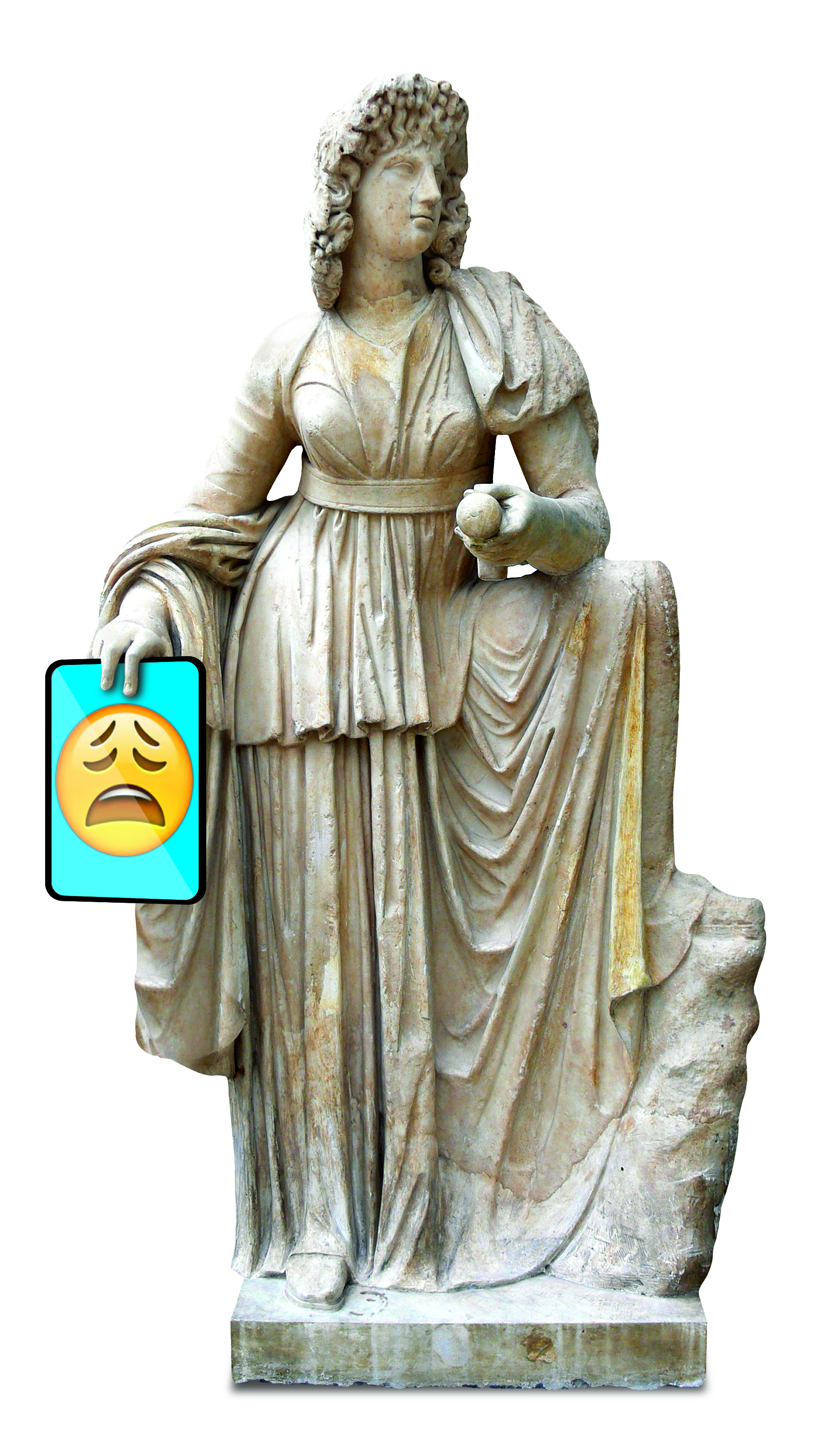The boom of digital influencer marketing is headed toward a predictably bad end, says Brunswick’s Marshall Manson.
In 1833, oxford economist William Forster Lloyd first explored the idea of the “Tragedy of the Commons.” Lloyd used the cattle of England to illustrate the concept.
Cows grazed on private land tended to be healthy and well cared for. Cows grazed on shared land—held “in common” in the parlance of English property lawyers—were “puny and stunted.” So he wondered, “Why is the common itself so bare-worn, and cropped so differently from the adjoining enclosures?”

